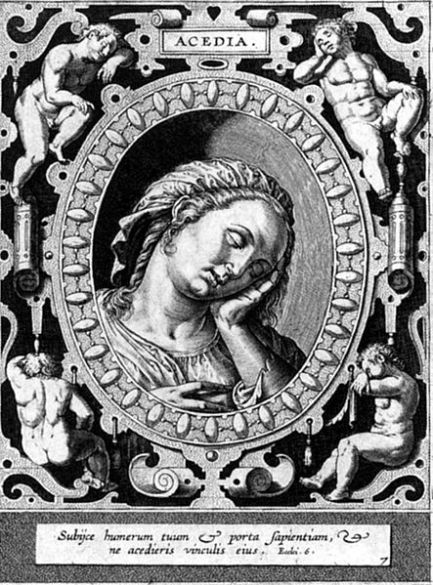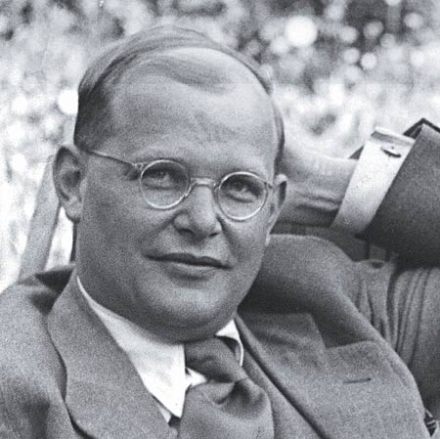Greetings All: Theology on Tap happens this Wednesday, June the 12th, at 8:00pm, at the Bent Mast in James Bay.
We’ll be discussing the long-lost, but long standing, sin of Acedia. Referred to as the “demon of the noon-day” acedia is a condition of non-caring that leads to a loss of will to work or pray, a problem for the early monastics, and a plague amongst hipsters.
To set the tone for the discussion, here’s a snipette from an article by R.R. Reno, titled: “Fighting the noon-day demon”
“Acedia, then, is a real threat, a deadly sin doing its deadly work in the present age. Its presence can be detected rather clearly in two features of our intellectual and moral culture. The first is the intellectual spirit of dispassion and coolness that grows out of the ideal of “critical distance.” This ideal often contributes to the torpor animi that afflicts any who have entered into the habituating practices of our universities. For many of our professors, the drama of education is to break the magic spell of immediacy. Just as the commonsense observation that the sun revolves around the earth is quite false and must be corrected, so, we are told, we must step back from the moral and social opinions we were taught as children. Nothing that is given should be accepted. We must step back from our initial assumptions and see them as being, at best, merely true-for-us rather than being simply true.”
The rest of the article can be found here, if you’re enclined to read the whole thing:
http://www.firstthings.com/article/2007/01/fighting-the-noonday-devil-14
I also encourage you to check out the wikipedia article on Acedia, for further background read (it’s short!)
http://en.wikipedia.org/wiki/Acedia
Hope to see you all there!
Pax,
MC


